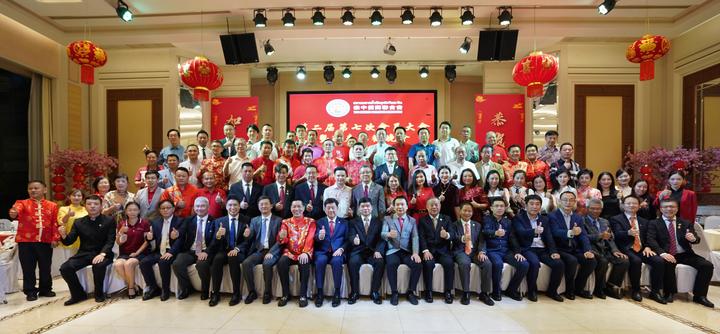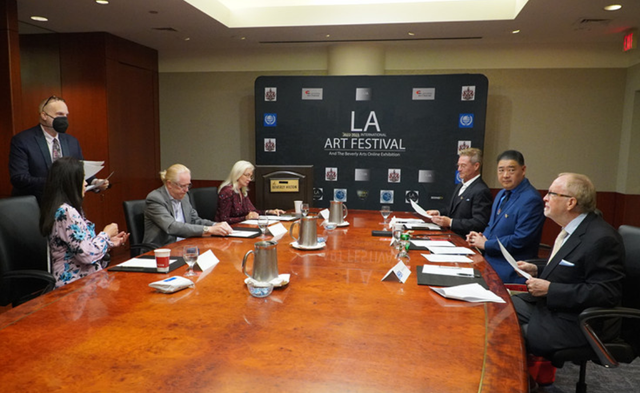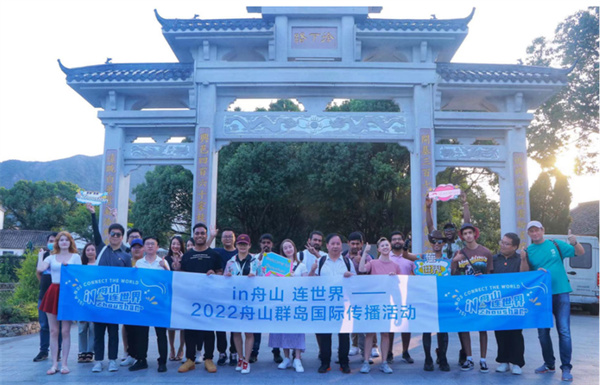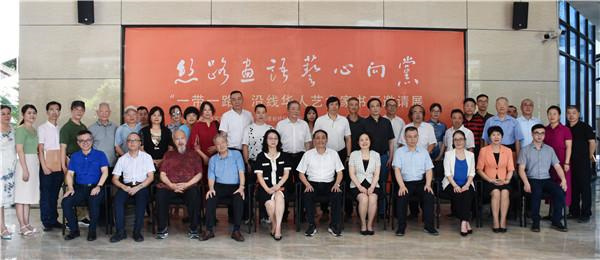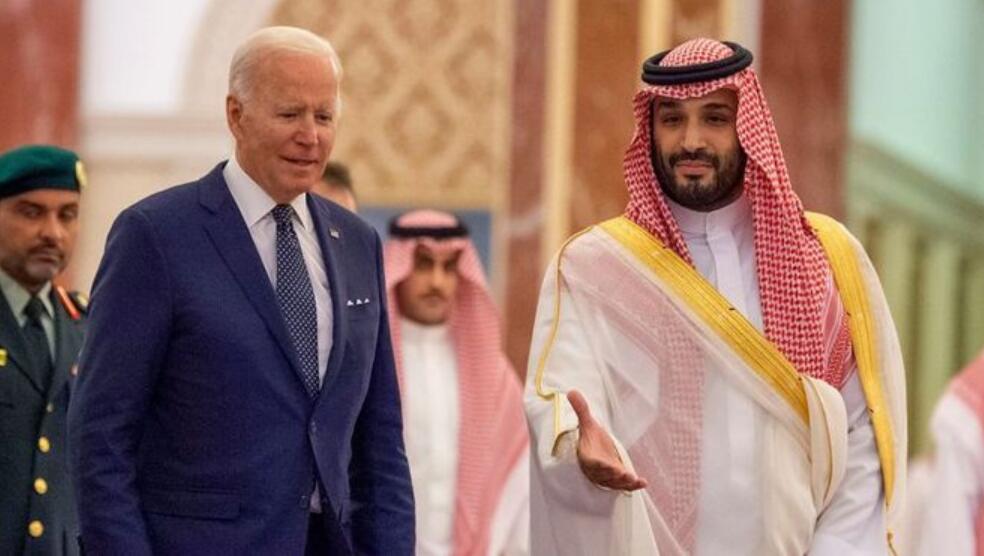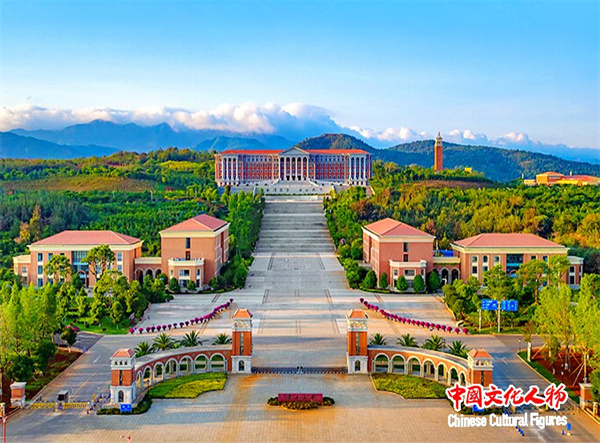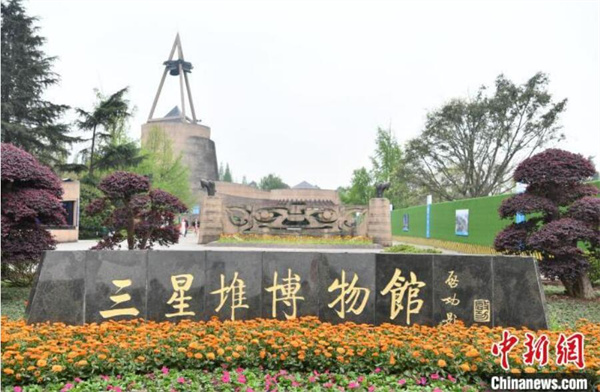Chinese leaders have called for more to be done to facilitate "new-type urbanization," saying fresh achievements must be made in the area in 2016. In an instruction on the issue, President Xi Jinping asked authorities to uphold the concepts of innovation, coordination, greenness, openness and sharing in the urbanization process. Efforts should focus on raising the urbanization rate based on the number of registered urban residents, providing equal public services for rural and urban dwellers, and making cities more people-friendly, Xi said. Although 56.1 percent of the population live in cities, only around 40 percent are actually registered urban residents, according to the National Bureau of Statistics (NBS). Most migrant workers, although working and living there, have no urban household registration, thus, they cannot access many public services. By 2015, there were 277.47 million migrant workers, accounting for 20 percent of the country"s population, NBS figures show. A top-level urban work conference held at the end of 2015 agreed that the urbanization drive will focus on integrating migrant workers into cities. The government plans to issue 100 million rural migrants with urban household registration by 2020. Another instruction by Premier Li Keqiang said urbanization is China"s only path to modernization and will provide China with the biggest domestic demand potential and growth momentum. Stressing the role of reform and innovation to economic growth, Li called for further efforts to integrate rural residents into cities. In a State Council teleconference on urbanization on Tuesday, Vice Premier Zhang Gaoli said China will fully implement the urban residence permit system so all city residents will have access to basic public services. |


